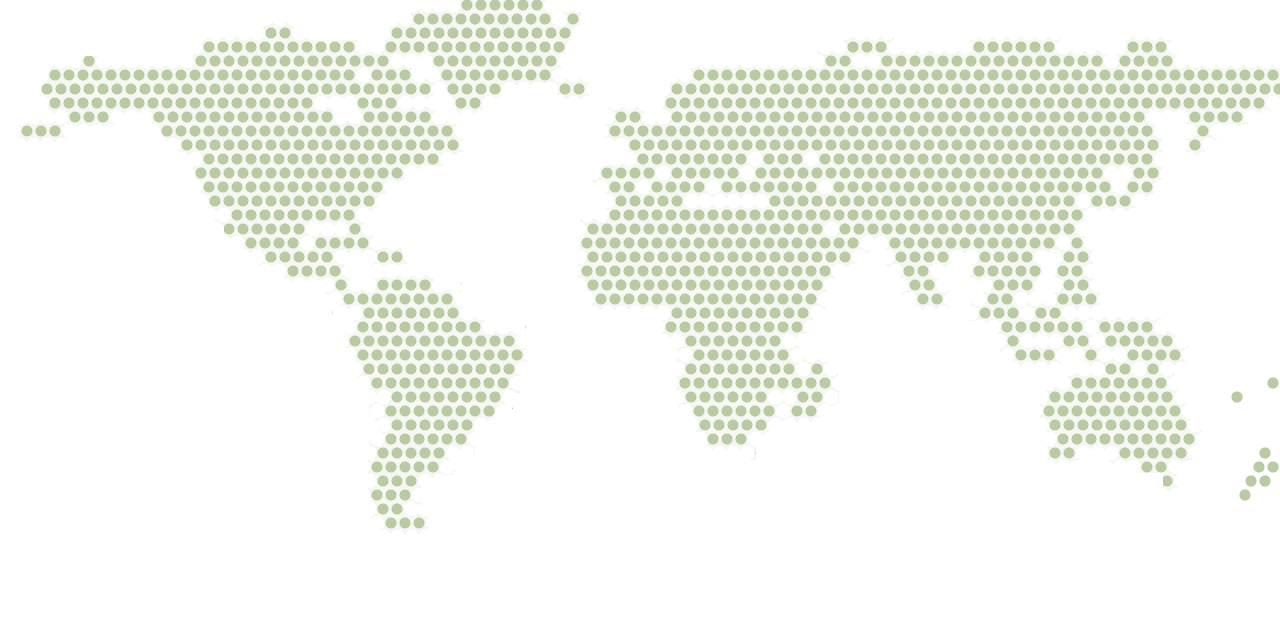Activity List
Activity List
CHALLENGEOver the last two decades, Cambodia achieved remarkable economic growth and graduated from a low- to a lower middle-income country. This growth has largely been driven by the country’s rich and diverse natural capital, which supports the livelihoods of millions of Cambodians but is rapidly being degraded from unsustainable use. For instance, agriculture - which is heavily dependent on natural resources and ecosystem services - contributed to 30 percent of GDP in 2015, and the livelihoods of more than five million people. However, according to official estimates, forest cover declined…
Read More
CHALLENGEAlthough international trade in stolen timber and other forest products, including wildlife, is recognized as an important component of the global forest law enforcement and governance challenge, relatively little attention has been devoted to developing the capacity to intervene effectively to counter illegal international supply chains, to prosecute criminal enterprises and individuals, and to thereby deter the illegal trade. Controlled Delivery (CD) is the technique of allowing illicit or suspect consignments to pass out of, through or into the territory of one or more countries,…
Read More
CHALLENGEBetween 1990 and 2010, Mexico lost 5.5 million hectares (or 7.8 percent) of its forest cover (FAO 2010). Deforestation is largely driven by the conversion of forests to croplands or pasture. In response, Mexico’s National Forestry Commission (CONAFOR) introduced its first program of payments for ecosystem services (PES) in 2003. The program encourages forest conservation by making payments to owners of ecologically valuable land. The program has grown substantially since its inception, encompassing 2.5 million hectares of forests as of the end of 2013, making it by far the largest…
Read More
CHALLENGESustainable forest management certification enjoys wide support; yet critical evaluation of forest certification has not been carried out. Most studies that have attempted to study the impact of SFM certification have methodological shortcomings, such as selection bias (non-random participation), or lack a robust understanding of market impacts of certification at firm and farm levels. With these deficiencies, its not possible to assess the impacts of forest certification on forests, firms, employees, and rural communities with any scientific precision.APPROCAHThis activity financed…
Read More
An Input Paper to the UNFF (2003)UNFF stands for the United Nations Forum on Forest. The Forum's support for sustainable forest management is guided by a Multi-Year Program of Work comprised of sixteen elements based on the proposals for action of the Intergovernmental Panel on Forests (IPF) and the Intergovernmental Forum on Forests (IFF). At the third session of the UNFF (UNFF3), "Economic aspects of forests" was one of the major elements for discussion. To inform this discussion, the World Bank prepared an input paper providing a review of policy reforms, projects and programs at the…
Read More
CHALLENGEThere is enough land in the Amazon region to satisfy Brazilian society's demands for economic development, environmental management of a resource base of global importance and the challenges of agrarian reform. Yet Brazil has been unable to create a fully coherent and manageable land policy and administration system for the region which permits sustainable development goals to be achieved while reconciling special interests and uses. Instead, resource waste, private appropriation of the public domain and social conflict have characterized land relations in the region.As the region…
Read More
Reducing Emissions from Deforestation in Developing Countries -- A Policy Workshop for UNFCCC COP11 Agenda Item #6CHALLENGEContinued tropical deforestation is thought to be the second leading cause of global greenhouse gas emissions, behind fossil fuel combustion. The UNFCCC Parties at COP-11 referred the issue of tropical deforestation to the Subsidiary Body for Scientific and Technical Advice (SBSTA) as part of a two-year process. This process was part of a broad dialogue on procedural, technical and policy issues pertaining to tropical deforestation in developing countries that resulted in…
Read More
CHALLENGEAbout 3.5 billion people live in countries rich in oil, gas, or minerals. Many of these countries also suffer from poverty, corruption, and conflict stemming from weak governance. Nonrenewable mineral resources play a dominant role in 81 countries, which collectively account for a quarter of gross world product, half of the world’s population, and nearly 70 percent of those in extreme poverty. The World Bank Group’s involvement in extractive industries seeks to help countries seize the opportunities that mining companies offer for development, poverty reduction, and boosting shared…
Read More
CHALLENGEThe forest sector in Ukraine faces a number of challenges caused by weak governance, corruption, and institutional weaknesses stemming from the historic post-Soviet concentration of regulatory and business functions within one institution. The country is currently facing major policy reforms across many sectors, including forest management and administration. Maintaining an open dialogue on forest issues with the government and other national stakeholders is critical to supporting a significant reform process.APPROACHBuilding on a Forest Law Enforcement and Governance (FLEG) program …
Read More
CONTEXTIn collaboration with the World Bank, with financial support from PROFOR, this FAO-led activity aims to develop guidelines for forest concession and construct lessons learned and best practices, building on FAO’s Forest Concession Initiative (FCI), while capturing trends and needs brought up by new realities, such as climate change strategies and the Sustainable Development Goals (SDGs). The results of the activity are aimed to benefit national and subnational forest management and land use planning agencies, community forest managers and other international NGOs and forest management…
Read More









